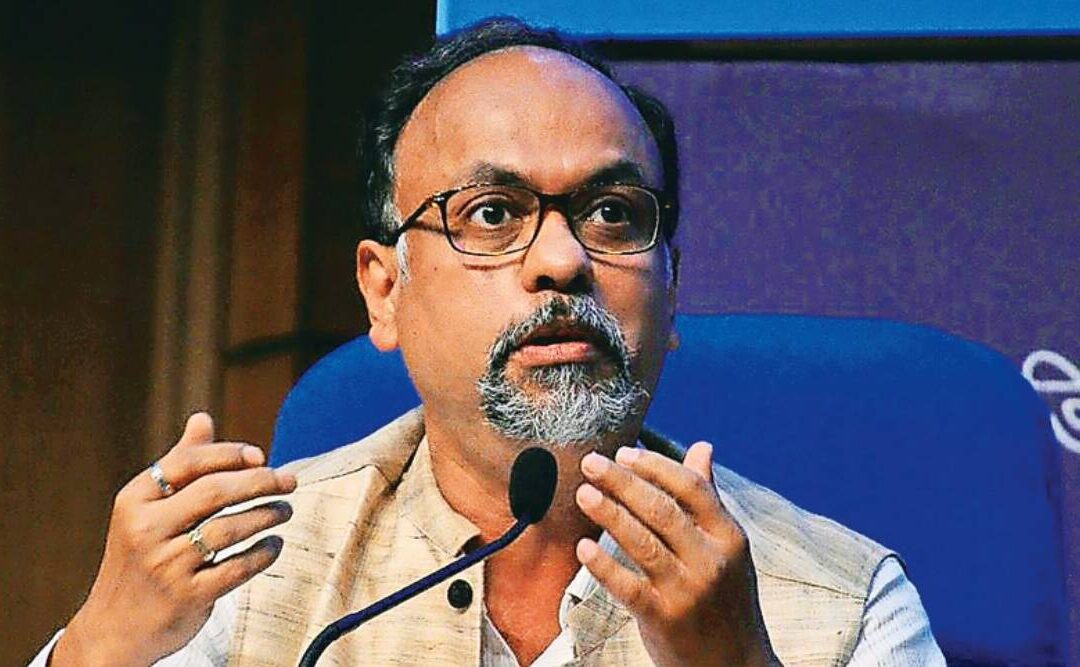Debasish Panda,chairman,IRDAI
Corporate agents are allowed to place commercial lines and general insurance covers without any limit on the sum insured
The Insurance Marketing Firms (IMF) will be allowed to engage Insurance Sales Persons (ISP) for the purpose of soliciting and procuring insurance products of maximum of six life insurers, six general insurers and six health insurers at any point of time, under intimation to the IRDAI
Insurers also now not required to take prior Irdai nod to raise capital via pref shares, subordinate debt
Mumbai:
Allowing a bit of larger freedom to the general and health insurers on expense of management(EoM), the insurance regulator IRDAI has decided to fix it at 30 per cent of gross written premium for general insurance players.
The IRDAI, going forward, will be focusing on a single limit on expenses otherwise known as EoM for non-life insurers which will be calculated by merging management, distribution and marketing costs.
The decision was part of larger reforms, IRDAI, under its new chairman Debasish Panda, has unveiled which has been ratified by its board last week. sources said.
According to sources, the changes approved by the board would first be made into a draft proposal for seeking the views of stake holders and will be notified through amendment in relevant regulations.
It would take a couple of months for these changes to be implemented.
On the distribution side, the board has provided greater flexibility by permitting Corporate Agent, including banks, to tie up to nine insurers each in life, general and health insurance companies.
Currently, corporate agents are permitted to distribute products of three insurance companies each in the life, health, and general insurance sector.
Further, the corporate agents are allowed to place commercial lines and general insurance covers without any limit on the sum insured.
The Insurance Marketing Firms (IMF) will be allowed to engage Insurance Sales Persons (ISP) for the purpose of soliciting and procuring insurance products of maximum of six life insurers, six general insurers and six health insurers at any point of time, under intimation to the IRDAI.
The new distribution frame work will enable the prospects and policyholders to have wide access in purchasing insurance in the expanding market through various distribution channels and enhancing the reach of insurance to every nook and corner of the country, thereby increase the insurance penetration, said the IRDAI.
Insurers also now will not need prior Irdai nod to raise capital via pref shares, subordinate debt. In a bid to promote ease of doing business, insurance regulator Irdai has decided to do away with the prior approval requirement for raising capital through preference shares and subordinate debts by insurers.
As per the decision, the issue of Other Forms of Capital (OFC) should not exceed 50 per cent of the paid-up share capital or net worth of the insurance company.
The board has also done away with the prior approval requirement for exercising the call option under OFC subject to a solvency ratio not less than 180 per cent. As per the existing norms, the insurance companies are required to take permission from the Insurance Regulatory and Development Board of India (Irdai).
This was the first board meeting under newly appointed chairman Debasish Panda.
The board hiked the maximum investment limit of insurers in banking, financial services and insurance (BFSI) companies to 30 per cent of their assets from 25 per cent.
To promote technology innovation in the insurance sector, the board has suggested Amendments to IRDAI (Regulatory Sandbox) Regulations, 2019, and remove the validity period.
As per the existing regulation, the validity period is four years.
It has also decided to increase the experiment period up to 36 months.


Motor insurance services providers of Maruti Insurance Broking not following IRDAI guidelines. How to inform IRDAI to take action against the company?.
Why banks and automobile dealers are allowed to sell insurance products? This is leading to unfair trade practices because of their influence or forced sale of insurance products. These benefits, which these intermediaries get, can directly be passed on to the borrowers and vehicle owners
Though representative of the Corporates pass the IRDAI exam to be Corporate Agents, they are not trained and tested like Individual Agents. Result is quite obvious. They mix up product, data of various companies thereby ending in projection of wrong product and in turn misselling happens.
In bancassurance, those Corporate Agents should be trained and should handle only insurance business not to be entrusted with other bank duties to ensure proper services.